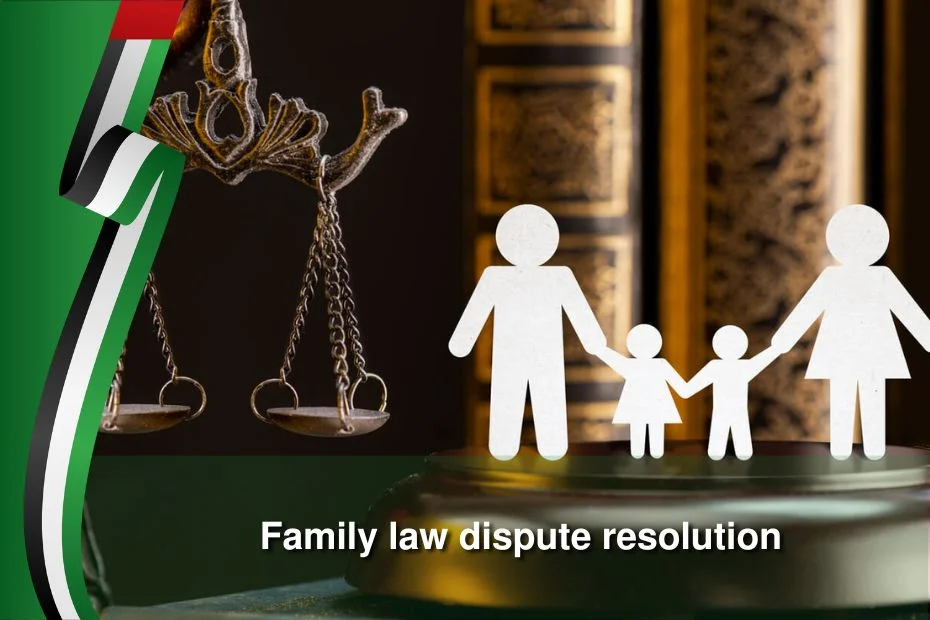Family disputes can be emotionally draining and legally complex, and finding the right assistance for family law dispute resolution in Dubai is crucial.
This article will explore Dubai’s best family law dispute resolution services in 2023.
With a special focus on Al Mulla Lawyer & Legal Consultant, renowned as the region’s best lawyer for family law dispute resolution.
Office of Al Mulla. Whatsapp: Click here. Phone: 00971501961291.
Table of Contents
Best Lawyer for Family Law Dispute Resolution in Dubai – Mr. Al Mulla.
When it comes to family law dispute resolution in Dubai, Al Mulla Lawyer & Legal Consultant is the name that stands out.
With a wealth of experience and a proven track record, Mr. Al Mulla has earned a reputation as the go-to lawyer for resolving family conflicts in the city.
His commitment to providing compassionate and expert legal services sets him apart as the best in the field.
Services for Family Law Dispute Resolution by Al Mulla Lawyer & Legal Consultant.
- Mediation Services.
Mediation is a non-adversarial approach to resolving family disputes. Mr. Al Mulla’s mediation services help families find common ground and reach mutually agreeable solutions.
This method promotes cooperation, reduces legal costs, and minimizes the emotional toll on all parties involved. - Divorce and Separation Resolution.
Mr. Al Mulla specializes in divorce and separation cases, offering comprehensive legal guidance.
His expertise ensures that clients’ rights are protected, and issues such as asset division, child custody, and alimony are handled efficiently and fairly. - Child Custody Dispute Resolution.
Child custody disputes can be especially challenging. Mr. Al Mulla’s services prioritize the child’s best interests.
He works diligently to reach arrangements that ensure the child’s well-being, considering factors like parental responsibilities, visitation schedules, and relocation issues.
FAQs about family law dispute resolution Dubai.
Conclusion.
Family disputes in Dubai can be emotionally taxing, but these conflicts can be resolved effectively with the right services.
Al Mulla Lawyer & Legal Consultant is the city’s best lawyer for family law dispute resolution, offering mediation services, divorce and separation resolution, and child custody dispute resolution.
With his expert guidance and commitment to achieving fair and amicable solutions, Dubai’s families can confidently navigate their disputes, knowing their legal needs are in capable hands.
Contact the office of Al Mulla via Whatsapp. Click here. You can also call us on phone: 00971501961291.
Read about the Best Family Lawyer in Dubai.
